'Why Do We Have Christmas Trees?'
This article has been an unexpected hit
on our website this week, so I thought the readers of The Galli Report should be aware of it. It's
not breaking news, but apparently "the history behind evergreens, ornaments, and holiday gift
giving" is more interesting than national news. Now that I think of it (as we continue to descend
into acrimonious squabbles about the coming administration) maybe that's not such a surprise.
While you're at it, check out "Why December
25?", "The Real 12 Days of Christmas," and "The Real
St. Nicholas."
| ||
The Most Significant Year in Memory
That would not be 2016, the year of
arguably the craziest election and biggest upset in US history. No, try 2007, the year the iPhone was
introduced, Facebook and Twitter took off, and the Amazon Kindle was launched. This and more in an
article that argues that 2007 was the year "the world turned upside down."
| ||
What We've Lost
"The Lost Structures of
Civility" is a poignant and searching essay formally about a "Chicago childhood in the 1940s." Some
suggest that it is mere nostalgia, but I've been with author Hadley Arkes in meetings, and he's every
ounce the rational political scientist suggested by his titles: the Ney Professor Emeritus at Amherst
College and the founder/director of the James Wilson Institute on Natural Rights and the American
Founding, in Washington, DC. He's written a wonderful memoir that is also a social commentary on
some sad changes in American culture. One passage:
Consider the scene: a two-year-old, still in his pajamas, wanders into a kitchen filled with grownups who are trying to have a quick breakfast and get off to work. He says, faintly, "Good morning." And gets a standing ovation. "Look who's up! Where is he going today?" My Aunt Bea: "He's coming to the park with Harry [her boyfriend and my future uncle] and me for tennis. And we're going for milkshakes at Zaub's [drugstore]." My mother: "Don't make him overly tired; we're going to the Yiddish movies tonight." The point was: there was always someone there. I was given the sense that the grownups could simply be counted on to do what grownups were supposed to do. No, children were not there to render therapy to adults, or offer unsolicited advice beyond their experience or wit. They were to be preserved as long as possible in their innocence, and sheltered, as youngsters, from the harsher language and meaner aspects of the world. | ||
On the Good (Christian) Life
Here's a nice bit of satire on some
recent trends in mommy blogs: "Husband Tires of 'Beautiful Mess."
But of course, it's probably written by a male. To show I'm an equal opportunity offender, try
out "Faith Without Works Is Awesome, Says Seattle Man." Now that I think about it, they're both about the same thing ….
| ||
Grace and peace,
| ||
| ||
Friday, December 9, 2016
'Why Do We Have Christmas Trees?'
Subscribe to:
Post Comments (Atom)





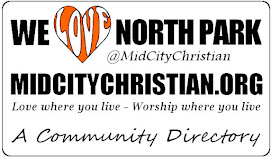





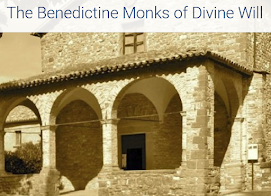


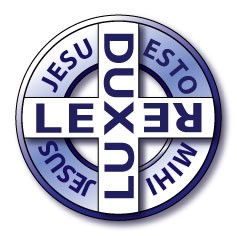

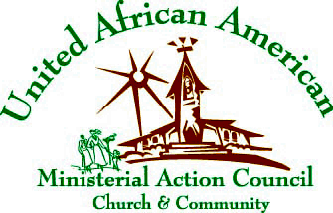

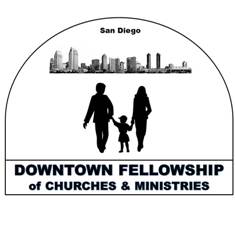




No comments:
Post a Comment